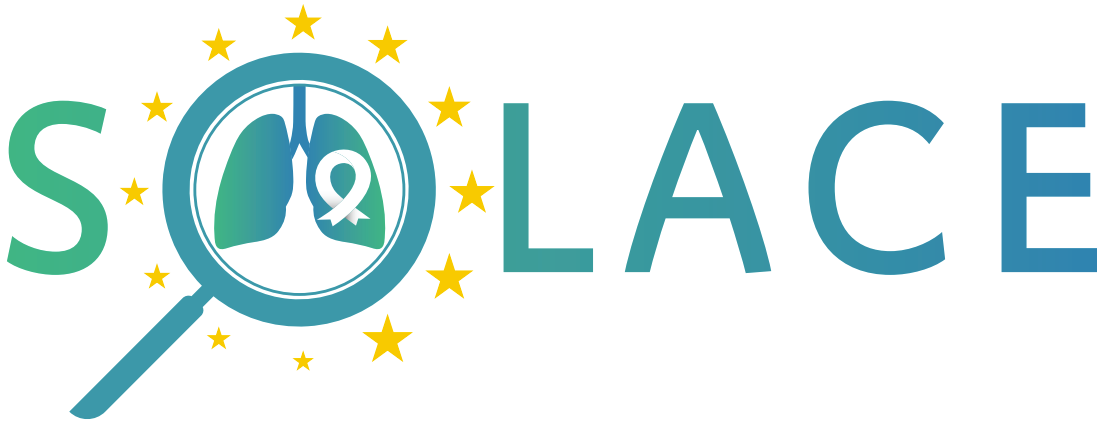Ensure robust systems for data collection, monitoring, and reporting. This section covers registry design and compliance with data protection regulations.
Evidence shows:
- Comprehensive data collection is needed: screening programmes require diverse data types, including patient demographics, smoking history, imaging results, and follow-up outcomes. This data supports eligibility determination, monitoring, and evaluation. (Lung Cancer Policy Network).
- Integration with Electronic Health Records (EHRs) is useful: integrating screening data into EHRs facilitates seamless tracking of patient information and enhances coordination of care. However, challenges exist in accurately documenting smoking history and ensuring interoperability between systems. (CHEST, 2020).
- Data warehouses can be used for performance monitoring: centralised data warehouses enable systematic collection and analysis of screening data across regions. This approach supports the monitoring of programme performance and identification of disparities, such as those related to socioeconomic status. (European Journal of Public Health, 2025).
- Standardisation of indicators is needed: developing and adopting a common set of indicators allows for consistent performance assessment and comparison across different screening programmes, facilitating quality improvement efforts. (European Journal of Public Health, 2025).
- Governance and evaluation frameworks: implementing robust governance structures and evaluation frameworks ensures accountability and continuous improvement of screening programmes. This includes defining roles, responsibilities, and processes for data management and programme assessment. (Lung Cancer Policy Network).
Useful resources:
Lung Cancer Policy Network: Types of Data and Requirements (PDF).
